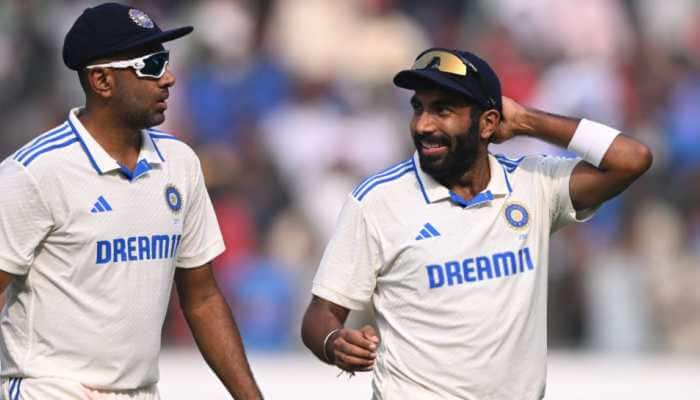Supreme Court to begin live-streaming of cases to prevent overcrowding, bring transparency
The Supreme Court on Wednesday decided that it would start live-streaming of some of the cases in order to avoid overcrowding in the courtroom.
Trending Photos
) Image Courtesy: Reuters
Image Courtesy: Reuters NEW DELHI: The Supreme Court on Wednesday decided that it would start live-streaming of some of the cases in order to avoid overcrowding in the courtroom.
The court released a 106-page order and said that the decision is been taken in public interest. "Live-streaming of court proceedings is manifestly in public interest," the order said.
Adding that it will lead to more transparency the order stated that "It can epitomize transparency, good governance and accountability, and more importantly, open the vista of the courtrooms."
A bench of Chief Justice Dipak Misra and Justices A M Khanwilkar and D Y Chandrachud, in two different but concurring judgements, said "we hold that the cause brought before this court by the protagonists in larger public interest, deserves acceptance so as to uphold the constitutional rights of public and the litigants in particular".
"Above all, sunlight is the best disinfectant," Justice Chandrachud, writing a separate concurring verdict, said, adding that live streaming "as an extension of the principle of open courts will ensure that the interface between a court hearing with virtual reality will result in the dissemination of information in the widest possible sense, imparting transparency and accountability to the judicial process".
The bench said that for live-streaming, the permission of the concerned court will have to be sought in writing, in advance, in conformity with the prescribed procedure.
Consent from the litigants will be obtained and only a few cases of constitutional and national importance will be live-streamed initially.
It said "the focus of the cameras in the courtroom will be directed only towards two sets of people--the judges hearing the matter and at such an angle so as to only show the anterior-facing side of the Justices, without revealing anything from behind the elevated platform/level on which the Justices sit".
The cameras would also show the arguing advocates from such an angle that it does not reveal in any way the contents of notes or reference material being relied upon.
The bench said that the copyright over the broadcasted material will be retained by the court which will have the final say in respect of use of the coverage material.
At first, the video will be streamed to screens in other areas within the court complex following which the plan will later allow live-streaming over the internet.
The court asked the federal government to frame rules for the project, said Shraddha Deshmukh, a government lawyer involved in the case.
According to news agency Reuters, Deshmukh added that some sensitive cases, such as those related to sexual assault or child abuse, would be excluded.
The measure will also allow litigants to follow some parts of the proceedings from home without having to travel long distances.
"The time has come for this Court to take a step further in adopting technology and to enable live-streaming of its proceedings. Live-streaming of courtroom proceedings is an extension of the principle of open courts. Live-streaming will have the ability to reach a wide number of audiences with the touch of a button," Justice Chadrachud said.
He justified live-streaming by saying that "the technology of live-streaming injects radical immediacy into courtroom proceedings. Each hearing is made public within seconds of its occurrence".
"It enables viewers to have virtual access to courtroom proceedings as they unfold," he said and added that the introduction of live-streaming will effectuate the public's right to know about court proceedings.
The two separate verdicts of the judges relied on the practices adopted in various courts in the world and said it appeared that broadcasting of courtroom proceedings emerged in several countries through judicial decisions.
The practices in countries like Australia, Brazil, Canada, China, England, European Court of Human Rights, Germany, Ireland and Israel were relied upon by the top court.
The Supreme Court had 54,013 pending cases as of May this year, according to data available on its website.
(With Agency Inputs)
Stay informed on all the latest news, real-time breaking news updates, and follow all the important headlines in india news and world News on Zee News.
Live Tv







)
)
)
)
)
)
)
)
)
)
